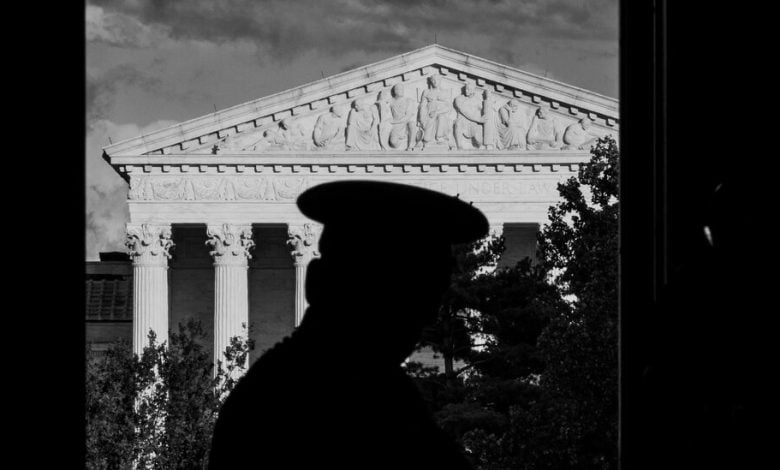Can the Supreme Court’s Liberals Reclaim Judicial Restraint?

The Supreme Court’s recent rescue of an important federal agency from the hands of a hostile lower court was an exercise in the evolving definition of originalism.
Justice Clarence Thomas, writing for all seven members of a surprisingly lopsided majority, excavated precedents deep in the country’s colonial history for the funding mechanism that Congress chose for the Consumer Financial Protection Bureau. A mechanism that the United States Court of Appeals for the Fifth Circuit deemed unconstitutional was clearly known to and accepted by the Constitution’s framers, Justice Thomas concluded.
Justice Elena Kagan wrote a concurring opinion to say that while the old history was enlightening and adequate to support the agency’s constitutionality, modern practice supported it as well. “All the flexibility and diversity evident in the founding period,” she wrote, has “continued unabated” when it comes to financing government operations.
Notably, two of the court’s conservatives, Justices Brett Kavanaugh and Amy Coney Barrett, in addition to Justice Sonia Sotomayor, joined Justice Kagan’s endorsement of the significance of later, even contemporary, practice when interpreting the Constitution. A true “originalist” would reject such evidence as irrelevant, insisting that all that matters is what the framers did and how people at the time understood their actions. (The two dissenters were Justices Samuel Alito and Neil Gorsuch.)
It was a fascinating development, highly significant if it turns out to mean that the pure originalism invented in conservative think tanks during the 1970s and embraced by judges like Robert Bork and Antonin Scalia is no longer the only interpretive game that a conservative judge can play. The originalist theme was the focus of much of the commentary on the decision, Consumer Financial Protection Bureau v. Community Financial Services Association of America.
However, it is another opinion in the case, one that did not deal with originalism at all, that interests me the most. It was by the court’s junior justice, Ketanji Brown Jackson, and it is a mere five paragraphs long.